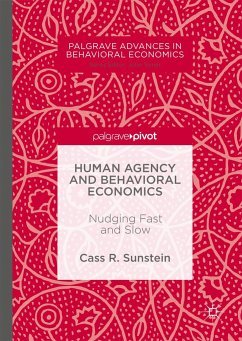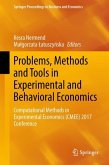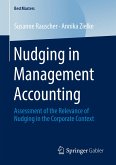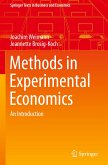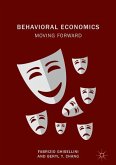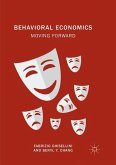This Palgrave Pivot offers comprehensive evidence about what people actually think of "nudge" policies designed to steer decision makers' choices in positive directions. The data reveal that people in diverse nations generally favor nudges by strong majorities, with a preference for educative efforts - such as calorie labels - that equip individuals to make the best decisions for their own lives. On the other hand, there are significant arguments for noneducational nudges - such as automatic enrollment in savings plans - as they allow people to devote their scarce time and attention to their most pressing concerns. The decision to use either educative or noneducative nudges raises fundamental questions about human freedom in both theory and practice. Sunstein's findings and analysis offer lessons for those involved in law and policy who are choosing which method to support as the most effective way to encourage lifestyle changes.

